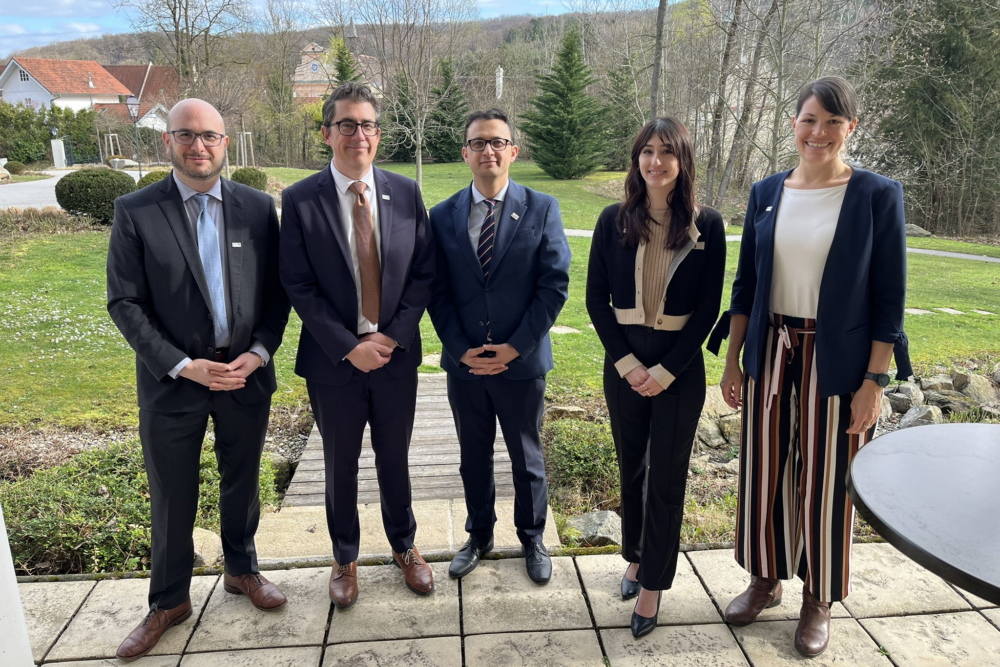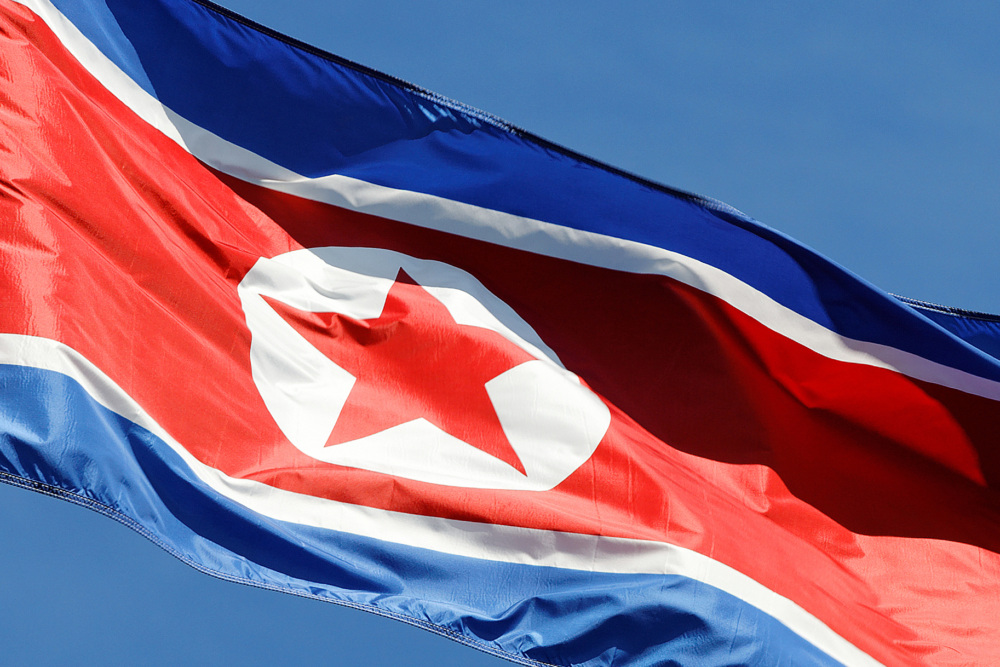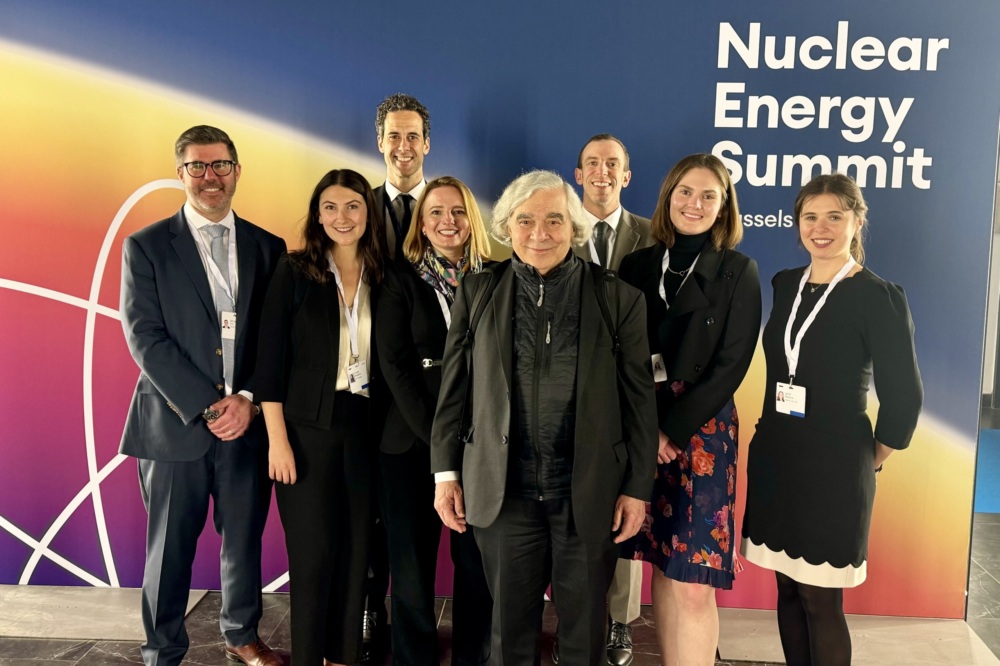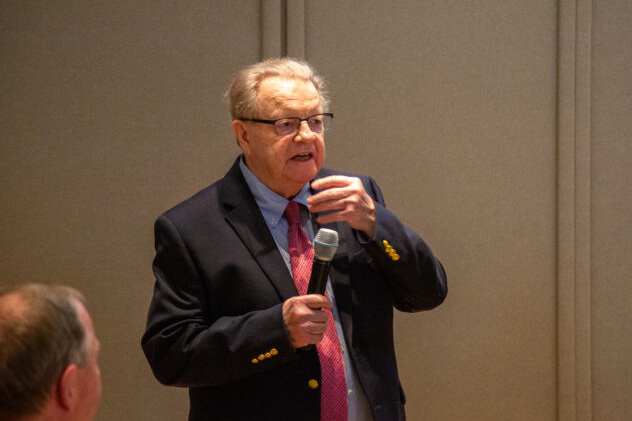Summary of a new policy brief by John Tilemann, Director of Research for the Asia-Pacific Leadership Network for Nuclear Non-Proliferation and Disarmament (APLN).
Management of the nuclear security threats in Northeast Asia has reached a critical turning point. North Korea has demonstrated that it is able to deliver a nuclear payload to regional targets and probably to North America – a highly dangerous complication in an already volatile region. Efforts to contain North Korea’s nuclear ambitions over the last three decades have failed. There is no good military option.
There is no alternative now to a negotiated settlement, and despite past failures, there are reasons for optimism. North Korea’s leader, Chairman Kim Jong Un has declared that his strategic ambitions have been realised and that it is now time to reap the rewards. Sanctions failed to thwart the North’s nuclear program but combined with misdirection of resources and poor management have crippled the North Korean economy. Per capita incomes in the South are some 20 times greater than in the North making reunification along the lines of East and West Germany unthinkable. Reunification is now a distant long-term proposition, and regime change is expressly off the table.
Denuclearisation cannot be achieved if pursued as a discrete goal. It is now time to negotiate a grand bargain. The key to this will be radical changes to the regional security framework involving security assurances from the US, China and Russia in return for an eventual ‘denuclearisation’ of the entire Korean Peninsula, the removal of other WMD threats and restraints on conventional weapon capabilities.
To overcome ingrained trust deficits there will need to be verification arrangements on an unprecedented scale. The security dimension will need to be accompanied by economic reforms and cooperation allowing the DPRK to move from the Juche doctrine of self-sufficient isolationism, to one of engagement with its prospering neighbours. While the key players will be the two Koreas, China, US, Russia and Japan, other regional stakeholders should be willing to contribute security, political and economic support to the process.
Click here to read the full policy brief.





